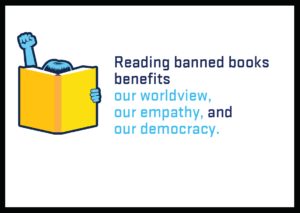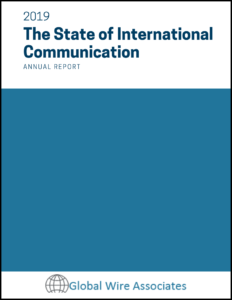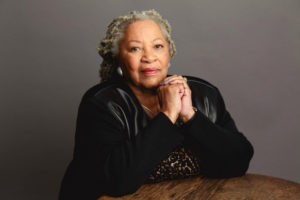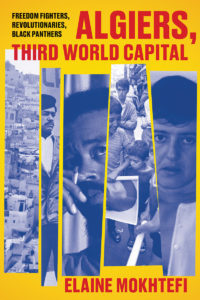Banned Books Week 2019!
 The American Library Association Office for Intellectual Freedom (OIF) promotes awareness of challenges to library materials and celebrates freedom of speech during Banned Books Week, which takes place this year September 22 – 28. The ALA Office tracked 347 challenges to library, school, and university materials and services in 2018. Of the 483 books challenged or banned in 2018, the Top 11 Most Challenged Books are:
The American Library Association Office for Intellectual Freedom (OIF) promotes awareness of challenges to library materials and celebrates freedom of speech during Banned Books Week, which takes place this year September 22 – 28. The ALA Office tracked 347 challenges to library, school, and university materials and services in 2018. Of the 483 books challenged or banned in 2018, the Top 11 Most Challenged Books are:
- George by Alex Gino
Reasons: banned, challenged, and relocated because it was believed to encourage children to clear browser history and change their bodies using hormones, and for mentioning “dirty magazines,” describing male anatomy, “creating confusion,” and including a transgender character - A Day in the Life of Marlon Bundo by Jill Twiss, illustrated by EG Keller
Reasons: banned and challenged for including LGBTQIA+ content, and for political and religious viewpoints - Captain Underpants series written and illustrated by Dav Pilkey
Reasons: series was challenged because it was perceived as encouraging disruptive behavior, while Captain Underpants and the Sensational Saga of Sir Stinks-A-Lot was challenged for including a same-sex couple - The Hate U Give by Angie Thomas
Reasons: banned and challenged because it was deemed “anti-cop,” and for profanity, drug use, and sexual references - Drama written and illustrated by Raina Telgemeier
Reasons: banned and challenged for including LGBTQIA+ characters and themes - Thirteen Reasons Why by Jay Asher
Reasons: banned, challenged, and restricted for addressing teen suicide - This One Summer by Mariko Tamaki, illustrated by Jillian Tamaki
Reasons: banned and challenged for profanity, sexual references, and certain illustrations - Skippyjon Jones series written and illustrated by Judy Schachner
Reason: challenged for depicting stereotypes of Mexican culture - The Absolutely True Diary of a Part-Time Indian by Sherman Alexie
Reasons: banned and challenged for sexual references, profanity, violence, gambling, and underage drinking, and for its religious viewpoint - This Day in June by Gayle E. Pitman, illustrated by Kristyna Litten
Reason: challenged and burned for including LGBTQIA+ content - Two Boys Kissing by David Levithan
Reason: challenged and burned for including LGBTQIA+ content


